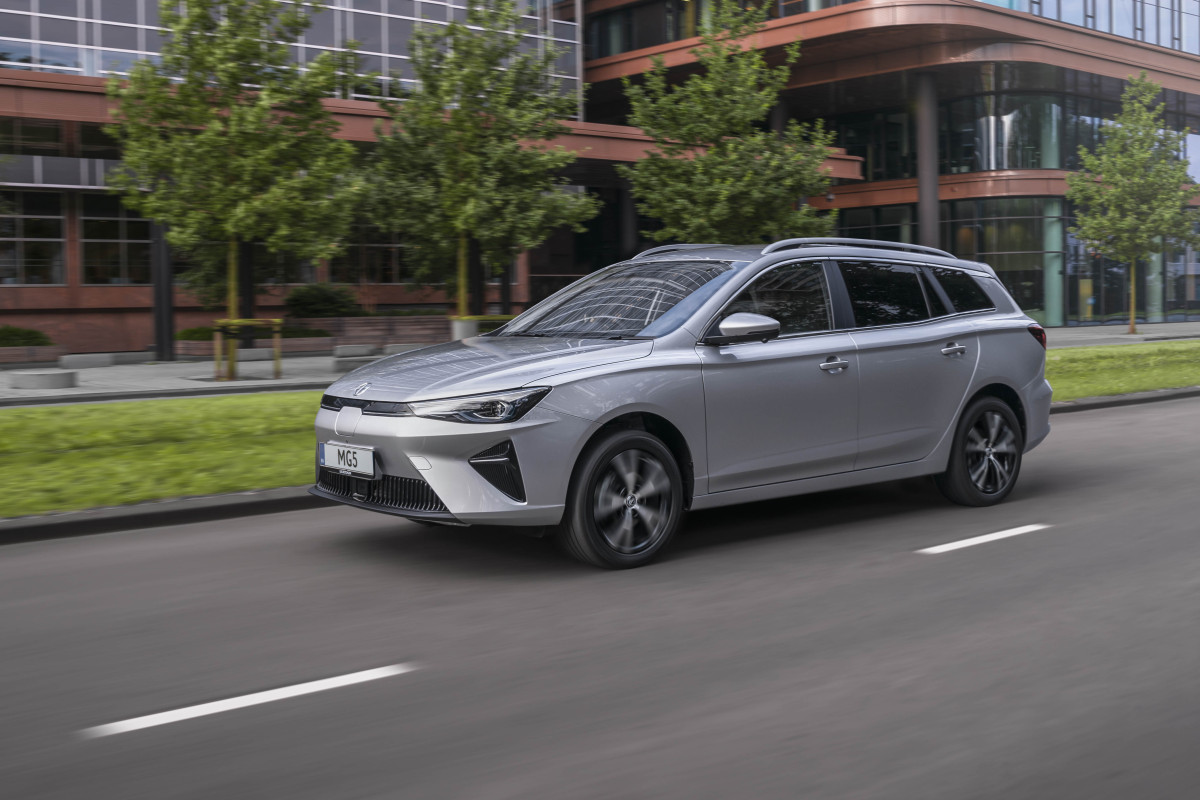Preview 2024: Germany must act swiftly if electric car sales are off track – think tank
This interview is part of a series to preview the German and European energy and climate policy in 2024. The other interviews will be published in the coming weeks.
Clean Energy Wire: What priorities should the German government set to advance climate protection in the transport sector in 2024?

Wiebke Zimmer: The development of the passenger car fleet signals a risk that the government target of 15 million electric cars by 2030 could be missed. Achieving this is central to climate protection in the transport sector. It is therefore all the more important that the German government monitors the market ramp-up and takes appropriate measures early enough if interim targets are not met. Reforms to vehicle and company car taxation would be effective, for example. A lot could also be gained for climate protection – as well as the tight budget - by reducing other climate-damaging subsidies, such as the lower taxation levels on diesel, and the commuter allowance. The railway infrastructure must be comprehensively renovated and made fit for the future in order to increase public transport passenger numbers. The federal and state governments must also work together to secure funding for the maintenance and expansion of local public transport in order to close gaps in services.
The political year 2024 in Europe will be dominated by the EU elections in spring. In your opinion, which climate and energy policy measures are particularly important for the EU in the near future and should be prioritised?
First of all, it is important for the European Parliament and the responsible ministers of EU Member States to finalize the revision of the CO2 standards for emissions for new heavy-duty vehicles, setting ambitious CO2-reduction targets leading to a 90 percent reduction by trucks in 2040. The future of trucks is electric, and any loopholes related to the continued use of synthetic fuels are not helpful, since these fuels are needed for shipping and aviation.
In addition to that, the Commission should also assess and ensure that Member States implement the Green Deal uniformly and timely across Europe, specifically when it comes to the construction of charging infrastructure for trucks.
Lastly, the next European Commission should encourage EU Member States to implement car taxation policies that incentivize the uptake of electric vehicles, encourage small energy and resource efficient vehicles, and increase the tax burden for internal combustion engine cars.
What other issues and events in Germany and beyond do you think will - or should - shape the debate in your field in the coming year (and why)?
Mobility poverty and the social justice of climate and transport policy measures will become even more relevant if the prices of fossil fuels increasingly include the costs of climate damage. Germany's strong focus on the car, therefore, harbours major social risks. This makes it all the more important to address the issue of mobility poverty more intensively next year, and to develop and implement measures that promote social participation and climate protection at the same time.
Road traffic law continues to be a pressing issue for cities and municipalities. More and more of them are demanding greater room for manoeuvre in order to improve road safety, quality of life and climate protection. Now that the long-negotiated reform has been overturned at the last second in the Council of member state governments (Bundesrat), everything is back to square one - and the municipalities will not accept this in 2024 either.


